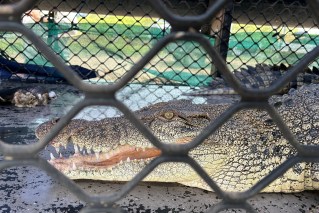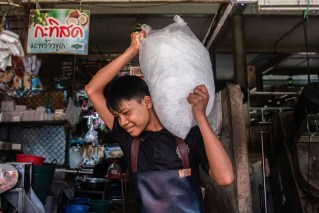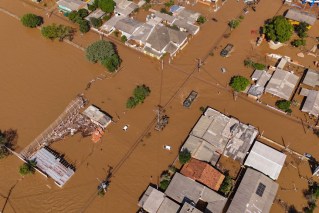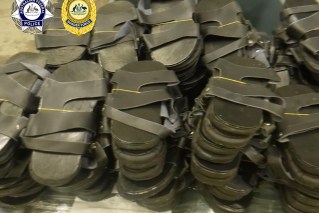High-tech Eskies to deliver COVID vaccines from March

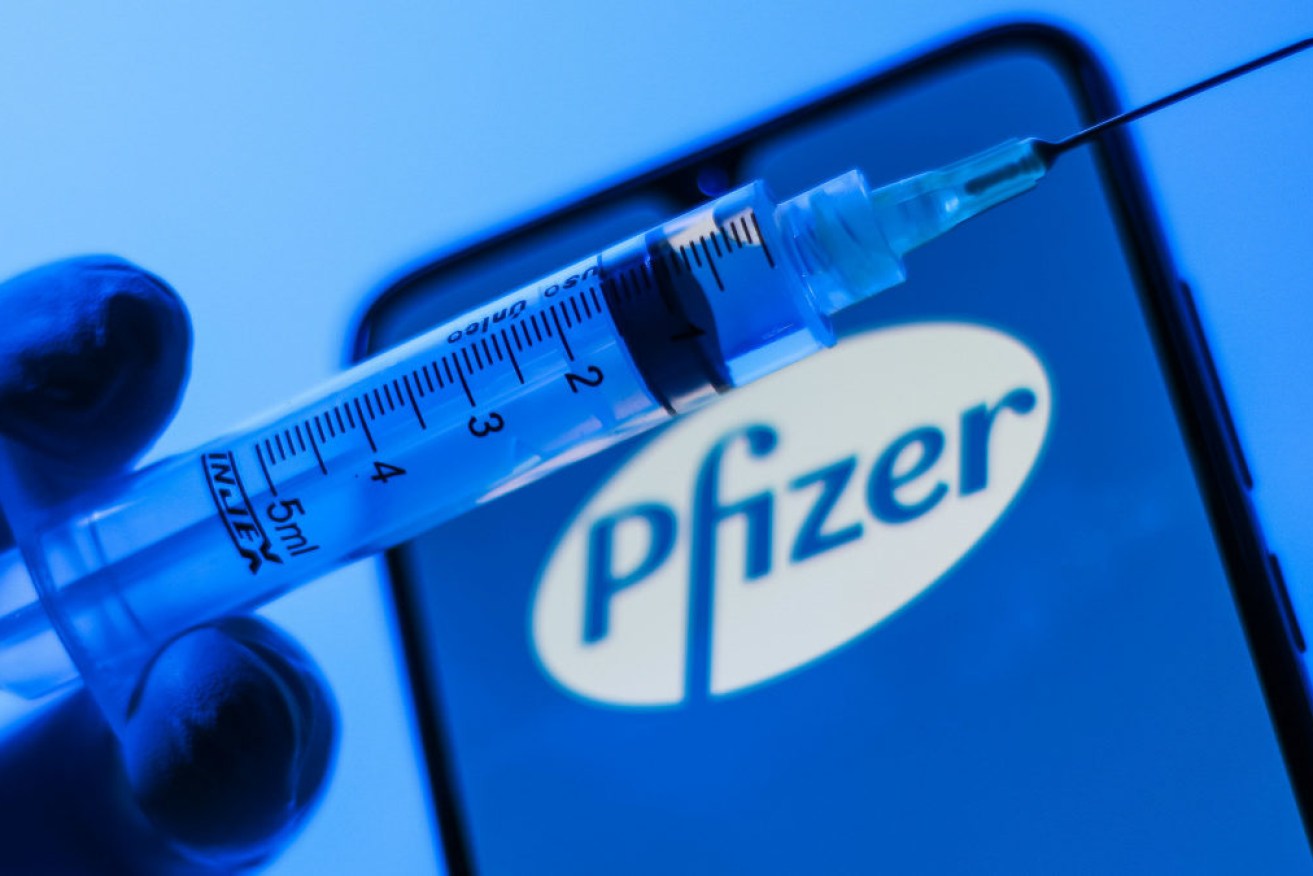
Under the deal, Australia will get 500,000 Pfizer doses from Singapore and "repay" them in December. Photo: AAP
Health authorities could approve Australia’s first COVID vaccine as early as January, with jabs planned to begin in March, under a timeline revealed by the federal government.
Health Minister Greg Hunt has announced an important part of the puzzle for some Australians to get the world’s most-hyped vaccine, a pioneering candidate from Pfizer – and it’s all thanks to high-tech Eskies.
The Pfizer jab was this week found to have a 90 per cent effectiveness rate in one study, with further trials on the way. Just last week, Australia secured 10 million doses of the two-dose Pfizer vaccine, meaning five million people would be covered.
Mr Hunt told The New Daily that the supply agreement with Pfizer had “an option for the government to purchase additional doses where supply is available”.

Greg Hunt made another vaccine announcement. Photo: AAP
The Pfizer candidate is one of four vaccine deals that Australia has, for a total of nearly 135 million doses. Each would require two jabs, if officially approved.
But despite the Pfizer good news, there was a problem. The vaccine is known as an mRNA, needs to be stored at temperatures as low as -70 degrees. Despite Australia locking in a small supply of the vaccine, we had no way to store or transport it.
On Wednesday, Mr Hunt announced Australia had secured “full cold chain logistics” distribution for the Pfizer vaccine, meaning vials could be transported where needed. They will be stored in carriers that Therapeutic Goods Administration head John Skerritt referred to as “very sophisticated Eskies”, which require dry ice.
“The world has never had any form of mRNA vaccine before and we are privileged to have some of the earliest access to these vaccines with first delivery expected in the first quarter of 2021,” Mr Hunt told TND on Tuesday.
The TGA has given the Pfizer-BioNTech and Oxford-AstraZeneca candidates pre-approval provided they meet stringent final checks. Mr Skerritt said the TGA hoped to give final approval for the first vaccines by January, and Mr Hunt said he anticipated the first jabs being given from March.
It will not be mandatory to get a COVID vaccine, but the Minister said he hoped every Australian who wanted one could be vaccinated by the end of 2021. Vaccines will be free.

Vaccines could be administered from March. Photo: AAP
Mr Hunt said that despite Australia recording its fourth day in a row without locally acquired COVID cases on Wednesday, vaccines were a crucial part of moving past the virus.
“We will not be out of this until we have a nation which has had a full vaccination program,” he said.
Australia’s four vaccine deals – with Pfizer, AstraZeneca and Oxford University, the University of Queensland, and Novavax – are at various stages of testing and approval, and will be secured in different ways.
If all goes to plan and the vaccines are approved, the Pfizer and Novavax candidates will be manufactured overseas and shipped to Australia; the UQ model will be made in Australia, as will most of the Oxford/AstraZeneca allotment. A first smaller round of Oxford vaccines will be made offshore and sent here.
The UQ and Oxford candidates are in production at Melbourne’s CSL facility. Both are awaiting official TGA approval, but production has begun in hopes of banking up supplies to quickly deliver once approved. The vaccines will not be administered unless they pass stringent safety tests.
Mr Hunt recently confirmed that priority groups for receiving vaccines first would include health and aged-care workers, the elderly, and “those working in services critical to societal functioning.”
Prime Minister Scott Morrison said the government was working with states and territories, medical experts and industry bodies on the initial rollout program.
People will be able to be vaccinated at GPs, respiratory clinics and workplaces such as aged-care facilities.




